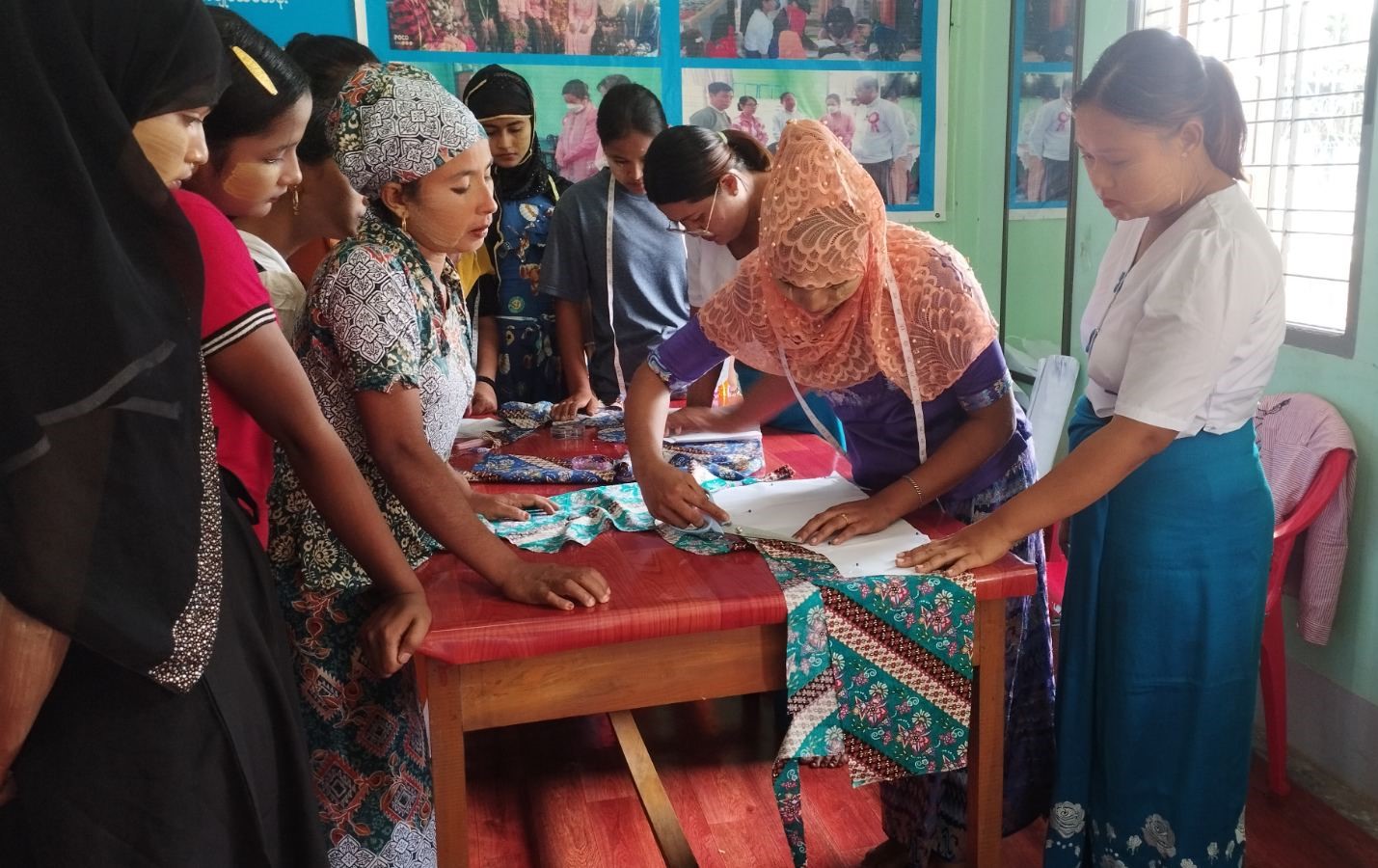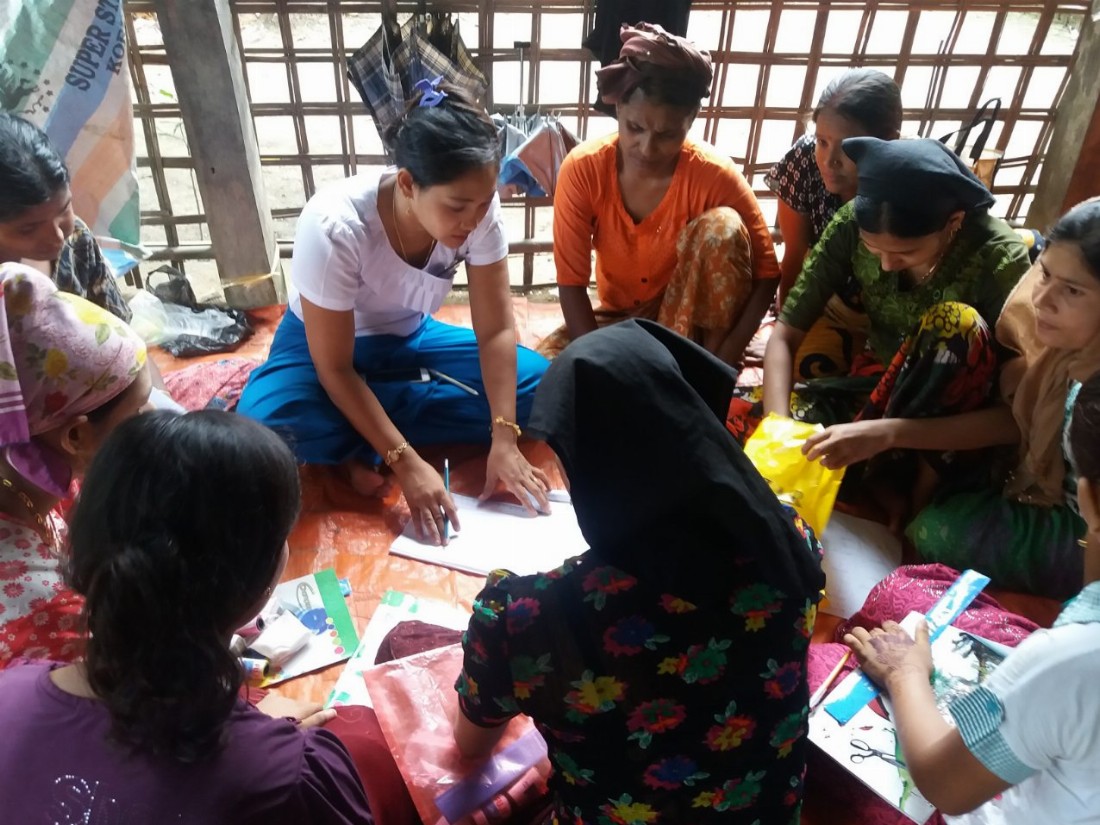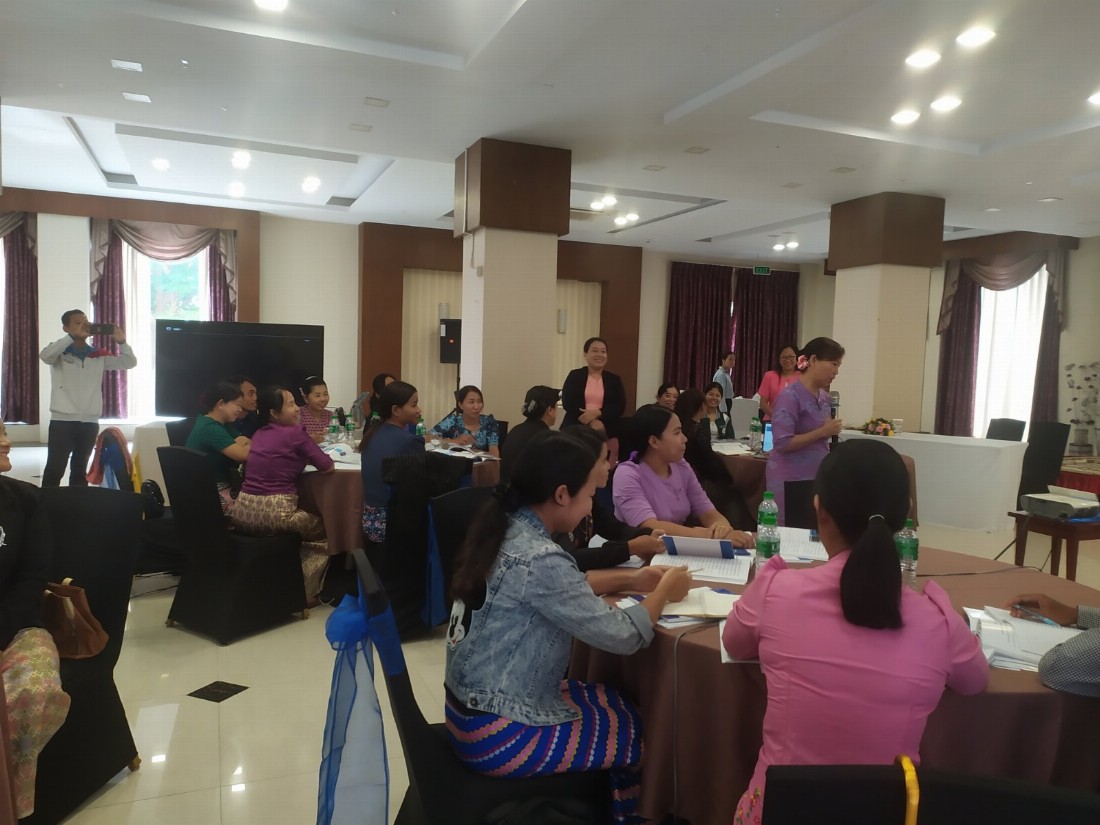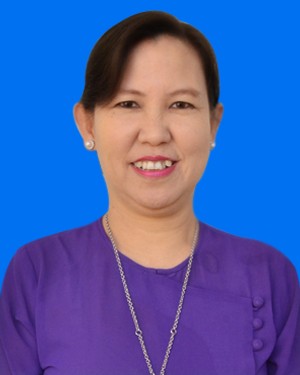myanmar - mediation, mitigation, peacebuilding, prevention
Dr. San San Aye

- Actor/Organisation
- Dr. San San Aye /
- Current Title/Designation
- Director-General, Department of Social Welfare Myanmar
- Expertise/Focus Area
- Prevention, Mediation, Mitigation, Peace Building
- Date of Interview/Research
- 03 July 2024
- Location of Interview
- Nay Pyi Taw
- Diplomacy Track
- 1
Starting Point
Dr San San Aye is the Director-General of the Department of Social Welfare, Myanmar. As the Director-General of the Department of Social Welfare, Myanmar, she has participated as one of the Social Affairs Working Committee members under the Union Peace Conference and peace talks from 2017 to 2019. She is dedicated to the peaceful development of the country and the establishment of a truly fair and impartial society. Her organisation frequently receives reports from different states and regions regarding social conflicts, such as domestic violence, violence against women and violence against children. Her organisation made efforts to promote social cohesion, protect women and children from violence, promote conflict prevention and rehabilitation activities, and provide humanitarian assistance in conflict areas. As a member of the ASEAN Women for Peace and Registry (AWPR), she participated in workshops and awareness programs on Women, Peace and Security.
Building trust is crucial in peace processes, both between the government and ethnic armed groups and between the government and the people. Trust, unity, mutual understanding, and security are all necessary for peacebuilding.
Peace Journey
She has participated as one of the Social Affairs Working Committee members under the Union Peace Conference and peace talks from 2017 to 2019. The Department of Social Welfare has been diligently working to implement humanitarian assistance activities to enhance social cohesion within the States and Regions. Her organisation has conducted 12 Social Cohesion courses across various locations, with 410 participants in the fiscal year 2023-2024. Additionally, four sewing courses and one bakery course, engaging 80 participants, were organised to foster job creation and economic empowerment. Notably, efforts in Rakhine State have resulted in establishing 20 courses, contributing to increased job opportunities and income for the residents. She was able to support social cohesion training among the people, which would help bring peace. In addition, she has been able to open vocational trainings for people from Internal Displaced Person (IDP) Camps in natural disaster areas and conflict areas.
Success Stories
The Department of Social Welfare is actively engaged in preventive initiatives to address and eliminate violence against women and children. To enhance accessibility for reporting violence cases, 24-hour Helpline services were introduced in 2016. As of January 2022, individuals can now lodge complaints via text messages on social media. Furthermore, the Department has deployed Case Managers with the necessary training. The Department also provides financial support for victims of violence, facilitates arrangements for accommodation, and offers other essential services, including psychosocial support to prepare them for legal proceedings. Moreover, One Stop Women Support Centres (OSWSCs) have been established in Yangon, Mandalay, Lashio, Mawlamyine, Loikaw, Monywa, and Sittwe, where comprehensive services are provided.
Moreover, training on social issues in various states and regions was successfully introduced to prevent conflicts. As a success, these courses were conducted 65 times in the 2020-2021 fiscal year with 897 participants and in the 2021-2022 fiscal year, six courses were held with 102 participants. In the fiscal year 2023-2024, 10 courses with 200 participants were opened.
Women are participating in the Ministry of Defence Myanmar and the Police Force under the Ministry of Home Affairs. In the Myanmar Police Force under the Ministry of Home Affairs, it can be seen that there are female employees in those Ministries. Women are participating as mediators and negotiators in the peace process. Thus, it is necessary to provide a safe and secure environment for women to create opportunities for them. The challenges include limited access to information, finance, health, and educational services. Issues such as a lack of ability to make personal decisions can be challenging. Women are encouraged to participate more in decision-making and share their experiences in peace processes. It is also necessary to provide awareness and training programs in technology and management skills.
-
Implementing AgencyAWPR Myanmar
-
Lead ResearcherMs. Khin Sabai
-
Co-Researcher/Research Assistant(s)Ms. Eaindra Khin, Ms. Htet Yadanar Win, Ms. Nwet Nwet Yi, Ms. Mya Lwin Lwin Aung
-
Date ResearchMay 2024-December 2025








